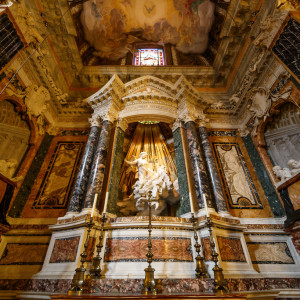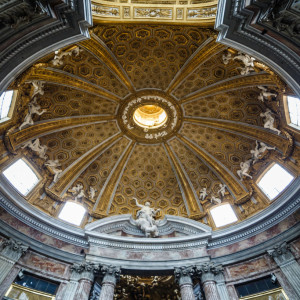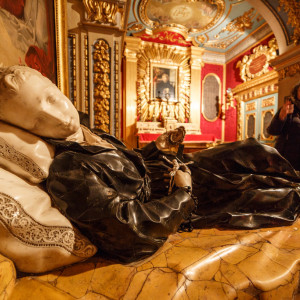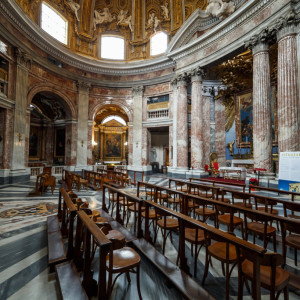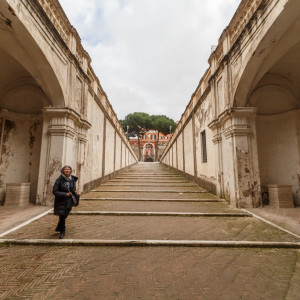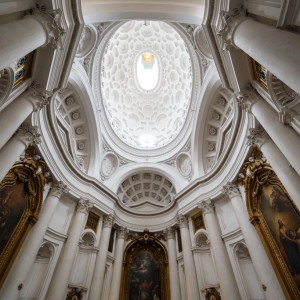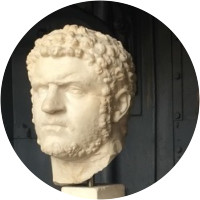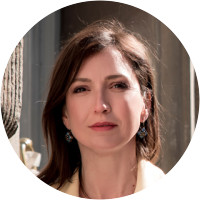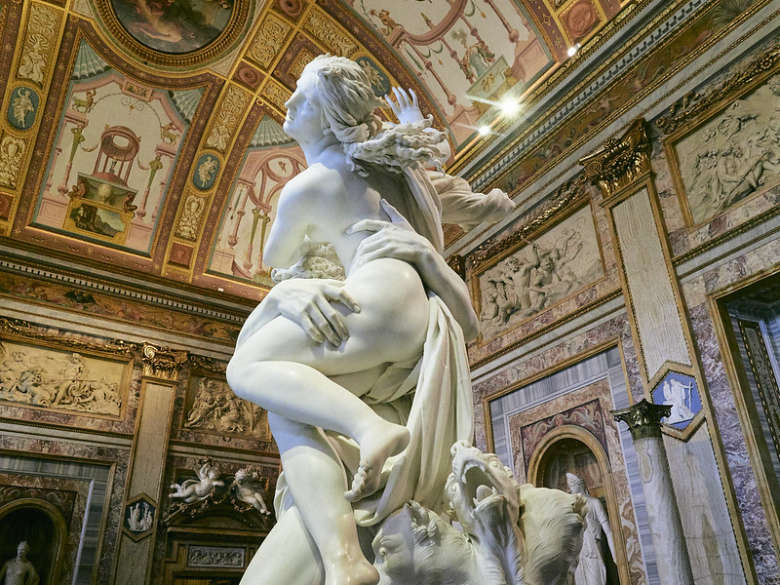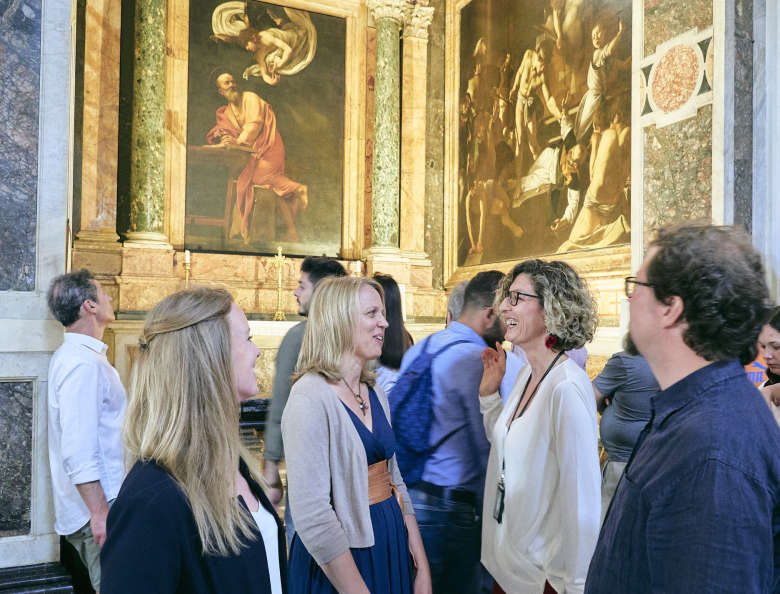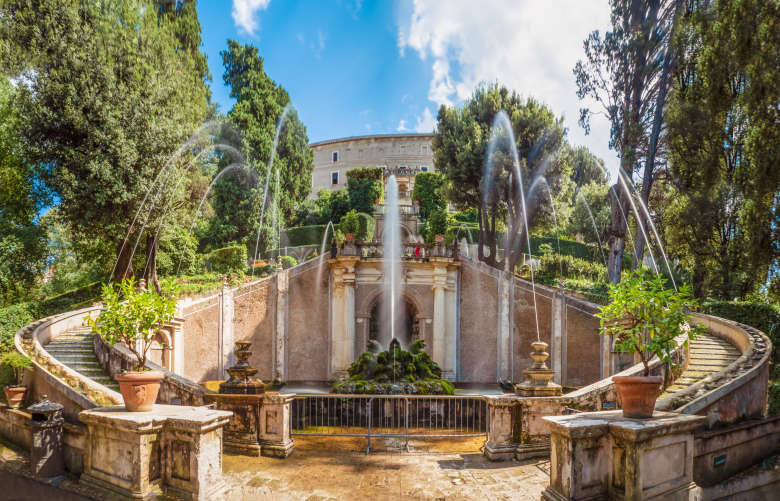Tour Details
- Duration
- 3 hours
- Product Type
- Tour
- Venues
-
- Santa Maria della Vittoria
- Sant'Andrea al Quirinale
- San Carlo alle Quattro Fontane
Select a date
SunMonTueWedThuFriSat
27282930123456789101112131415161718192021222324252627282930311234567
Tour Description
In the mid-1600s, as gold from the Age of Discovery began pouring into Rome, two geniuses appeared on the scene—each attuned in a very different way to the city's transformation and both put into motion the great artistic movement called the Baroque. During this three-hour Baroque Rome tour, we will explore the work of Bernini and Borromini, visit three extremely important churches that bear their imprint (one of which was made famous by a Dan Brown novel), and discover how the Baroque swept across Rome—and Europe at large—changing our understanding of the relationship between art and power.
Baroque Rome Tour
Our walk begins at Santa Maria della Vittoria to view Bernini's magnificent Ecstasy of St. Teresa, featured prominently in Dan Brown's popular novel. A sculptural masterwork, St. Teresa will enable us to think more significantly about religious icons and their role in Baroque art. We will also discuss patronage and why so much of Rome's great art of this period rests in churches—much of it in the same place in which it was created five hundred years ago. Participants who have taken one of our other art tours in Rome will be able to make connections and comparisons here to ancient art, the Renaissance, and other eras.
Our next stop, just down the street, is the even smaller but even more stunning, San Carlo alle Quattro Fontane by Francesco Borromini. San Carlino, as this church is called, is a favorite among architects, with Richard Meier calling it one of the most inspirational. Our discussion of art and politics will continue here, we'll dig deeper into some of the finer aesthetic details that Borromini honed and which form the basis of high Baroque art.
Personalities in Conflict
As we peer into the biographies of both of these artists who, though both influential, represent nearly polar opposites, we'll pull out some salient details. Bernini was the consummately connected insider who built a career—and studio of artists—churning out dozens of amazing works. Borromini, on the other hand, was the sole practitioner who labored for years on smaller, more private projects. Never to achieve the fame of his rival during his lifetime—and eventually committing suicide—many consider his work to be of a higher quality. Using biography as a lens, we'll look at how our conceptions of genius were shaped by the art of this period.
Sant'Andrea al Quirinale
Our final stop will be at on Via del Quirinale with the church of Sant'Andrea al Quirinale, designed by Gian Lorenzo Bernini. Considered by many to be a masterwork of the Baroque, this small, intimate church offers a perfect place to discuss some of the basic principles of Baroque art and architecture—movement, perspective, grandeur—as well as diving into the social and political atmosphere in Rome during the 1660s. In the company of our guide, a trained art historian, we will learn how to pull apart the details of architecture and put them back together again, to read the program of the artist.
Looking to learn more about older Roman architecture? Try our Forum Tour or our Colosseum Tour.
Take-Aways
We will emerge from our time together with a better understanding of the Baroque and an appreciation of the work of two of Rome's greatest artists—Bernini and Borromini. We will also have the chance to visit several lesser-known tourist sites that happen to house some of the most significant artworks in the world.
Experts
Where You'll Start
–
107 Reviews
Reviews can only be left by Context customers after they have completed a tour. For more information about our reviews, please see our FAQ.
Alessandra was great. Very informative and really put things in perspective- literally and figuratively.
Sarah
Dec 3, 2024
Well informed. Most congenial. Highly recommended.
John
Nov 12, 2024
Jose was fabulous! Amazing knowledge and made everything so approachable to learn. Loved this tour!
Alejandro
Oct 10, 2024
